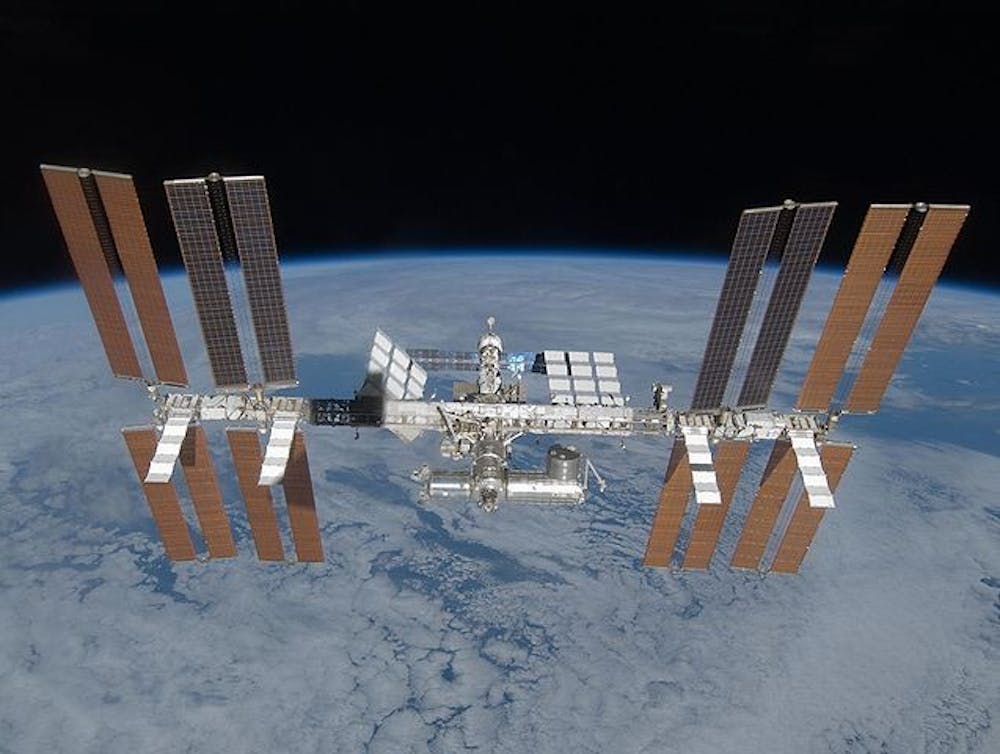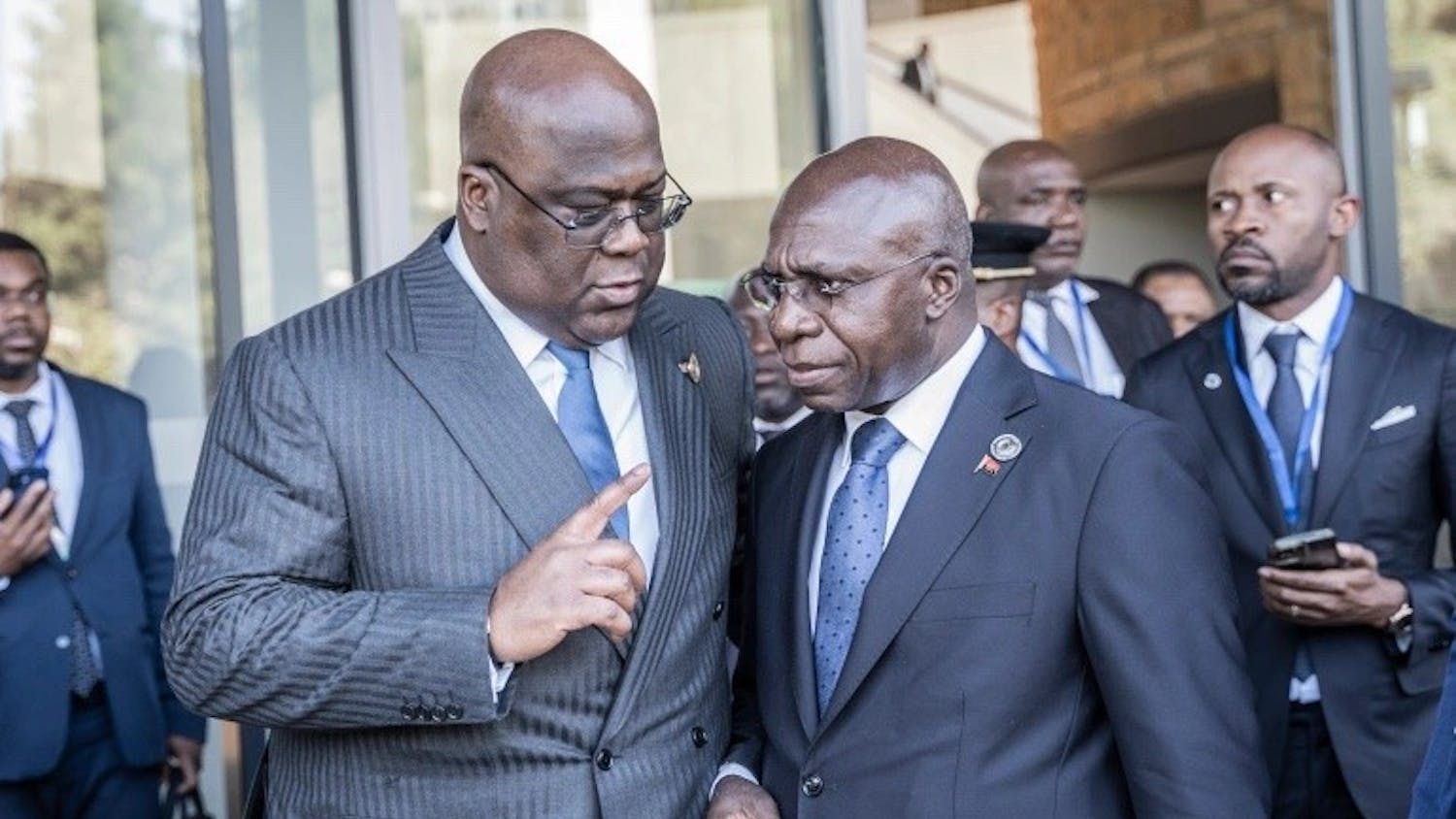By E. Patrick Neer | Echo
Houston, we have a problem.
Russian deputy Prime Minister Dmitry Rogozin announced Tuesday that Russia intends to end cooperation with the United States regarding access to the International Space Station (ISS) in a punitive response to U.S. sanctions, the Telegraph reported.This end of cooperation would come in 2020, the scheduled end of use for the international orbiting laboratory. This throws a wrench into projected United States plans to extend the use of the station for four additional years after 2020.
The ISS is manned by a crew of American and Russian astronauts. Due to the retirement of the of the U.S. Shuttle program in 2011, the United States currently relies on the use of Russian-built Soyuz spacecraft to reach the space station. NASA is working with private companies to develop an alternative "Space Taxi" program by 2017, but the United States is currently paying Russia $60 million per person to fly its astronauts up.
In addition to withdrawing from the ISS, Rogozin explained that Russia would cease to export NK-33 and RD-180 rocket engines to the U.S., limiting its ability to launch military satellites.
"We are very concerned about continuing to develop high-tech projects with such an unreliable partner as the United States, which politicizes everything," Rogozin said at a news conference.
RD-180 engines are used to boost the American-made Atlas 5 rockets manufactured by the United Launch Alliance (ULA), a partnership between Lockheed Martin and Boeing. The ULA holds a virtual monopoly on launching U.S. military satellites.
Rogozin went on to explain that Russia will be able to continue to use the station after 2020.
"The Russian segment can exist independently from the American one. The U.S. one cannot," he said.
Despite Rogozin's announcements, NASA released a statement denying that it had received any official notification from Russia on changes to the ISS program, according to CNN.The U.S. sanctions that sparked this conflict in space came in response to Russia's continued presence in the upcoming Ukrainian presidential election, scheduled for May 25. U.S. Secretary of State John Kerry expressed hope that Russia will play a constructive role, but the U.S. is also prepared to leverage the existing sanctions against the Russian tech industry even further, ABC News reported.
"I say to the Russians and everybody, our hope is to de-escalate. . . . (But) If Russia or its proxies disrupt the elections, stand in the way of the Ukrainian people being able to exercise their vote, that is when and if there would be additional sanctions," Kerry said.
A senior U.S. State Department official explained that these sanctions are to serve as a "scalpel rather than a hammer" to Russian economic interests in vulnerable sectors like banking, energy and defense.
The Russian Foreign Ministry announced on Tuesday that the sanctions from the United States and EU were an "exhausted, trite approach" that would only serve to deepen discord between the two powers and frustrate efforts to defuse tensions in Ukraine.(Thumbnail photograph provided by NASA)





